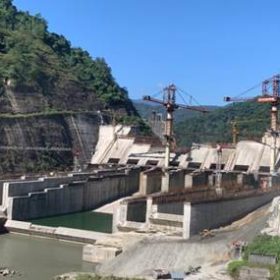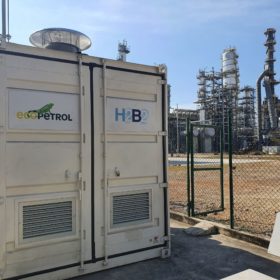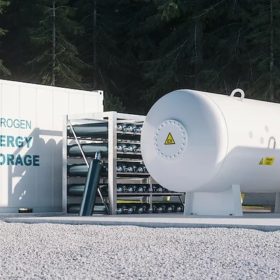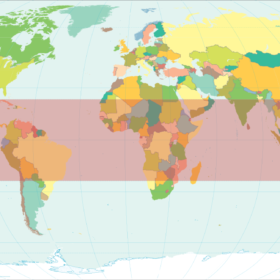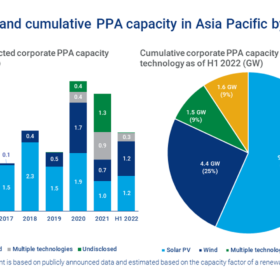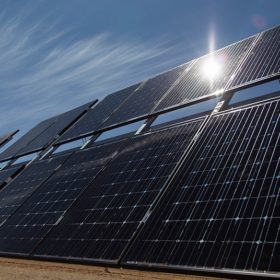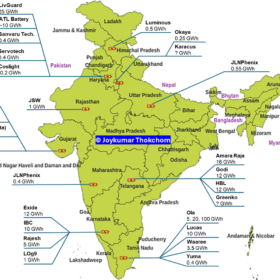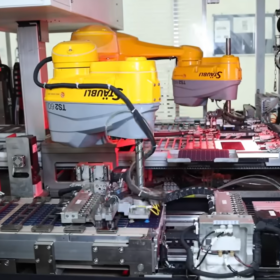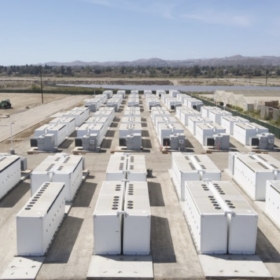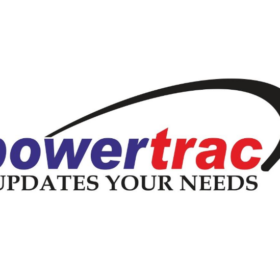India terminates solar cell anti-dumping probe
India’s Directorate General of Trade Remedies, an entity under the Ministry of Commerce and Industry, has terminated an anti-dumping probe into solar cells coming from China, Thailand, and Vietnam as domestic manufacturers withdraw the application.
NHPC records its highest-ever half-yearly net profit
The state-owned hydropower producer, which has also diversified into the field of solar and wind power, has reported a net profit of INR 2,483 crore ($307 million) for the half-year ended Sept 30, 2022–a 12% jump year-on-year.
GR Promoter Group forms green hydrogen JV with Spain’s H2B2
India’s GR Promoter Group has entered the green hydrogen market in a joint venture with Spanish hydrogen technology solutions provider H2B2. The JV will manufacture water-based electrolyzers and develop green hydrogen production plants based on off-taker agreements.
Erisha partners Germany’s Greenbox for green hydrogen business
Erisha E Mobility has formed a joint venture with Greenbox to manufacture a range of green hydrogen solutions by leveraging technologies developed by Greenbox.
GEAPP, ISA sign $10 million grant agreement to boost solar deployment
The Global Energy Alliance for People and Planet (GEAPP) has signed a $10 million grant agreement with the International Solar Alliance (ISA) to boost the deployment of solar energy in developing countries.
India saved $4.2 billion in fossil fuel costs due to solar generation in H1
A new report says solar generation helped seven Asian countries avoid $34 billion in fossil fuel costs in the first half of 2022. The majority of these savings were in China ($21 billion). Japan avoided $5.6 billion in fossil fuel costs and India saved $4.2 billion.
Solar dominates renewable corporate PPAs in Asia Pacific, says WoodMac
Corporations in the Asia-Pacific region are set to contract a record 7 GW of renewable capacity in 2022, according to a new report by Wood Mackenzie. Solar accounts for 57% of the region’s contracted corporate renewable power purchase agreements (PPAs) to date. India, Australia and Taiwan account for 89% of overall capacity in the region.
Mahindra & Mahindra forms a new solar subsidiary
Mahindra & Mahindra has incorporated Emergent Solren as a wholly-owned subsidiary of its arm Mahindra Holdings.
Amazon India partners TVS Motor on EVs for last-mile deliveries
The e-commerce giant will add TVS Motor’s electric two- and three-wheelers to its existing delivery fleet.
State Bank of India signs €150 million solar loan agreement with Germany’s KfW
The State Bank of India (SBI) has signed the agreement with KfW Development Bank for availing a second low-interest loan of €150 million. It will use the amount to finance solar farms with outputs between 50 and 250 MW.

